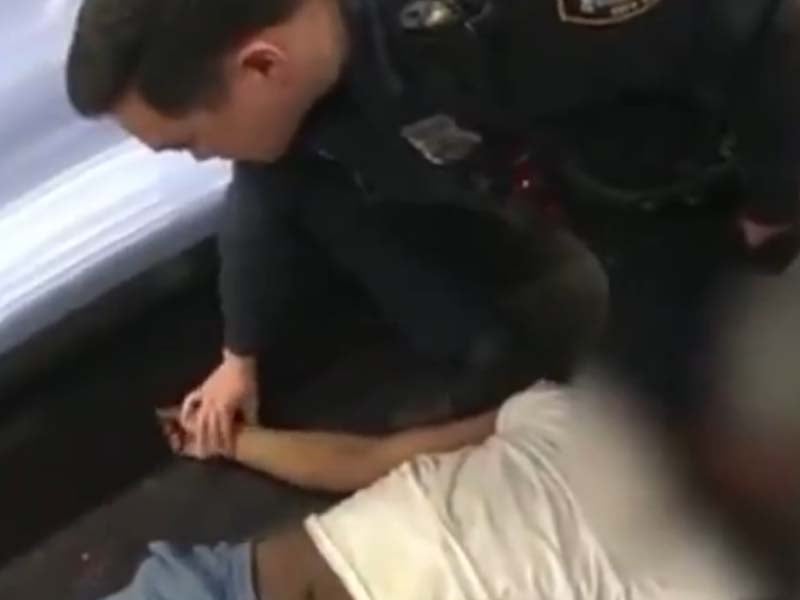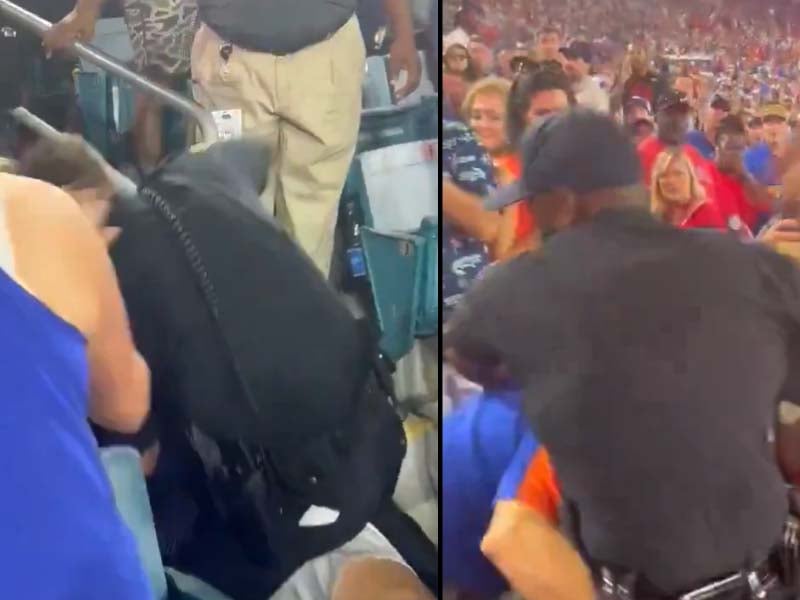NEW YORK, N.Y. — New details have emerged in the investigation into the death of Jordan Neely, the 30-year-old homeless man who died after being placed in a chokehold by Marine veteran Daniel Penny on a Manhattan subway. According to sources, NYPD officers who responded to the scene reportedly declined to perform mouth-to-mouth resuscitation on Neely due to concerns about potential health risks, including exposure to hepatitis.
Neely was placed in a chokehold by Penny on May 1 after witnesses reported that Neely was acting aggressively, allegedly threatening passengers on the F train. Penny, who intervened in an attempt to subdue Neely, has been charged with manslaughter and criminally negligent homicide in connection with Neely’s death. His attorneys argue that he acted in defense of himself and other passengers.
When officers arrived at the scene, Neely still had a pulse, according to a report from an NYPD sergeant who later explained the decision not to perform mouth-to-mouth resuscitation. The sergeant reportedly cited Neely’s unkempt appearance, describing him as “filthy” and “very dirty,” as well as concerns over possible drug use, as factors that led officers to avoid direct contact.
“He seemed to be a drug user… he was an apparent drug user. He was very dirty. I didn’t want them to get hepatitis,” the sergeant said, according to sources. “If he did wake up, he would have been vomiting. I didn’t want my officers to do that.”
The sergeant added that Neely “looked like a homeless individual” and emphasized the need to “protect” officers from potential health risks in situations involving bodily fluids. “I wouldn’t want my officer to get sick if the person throws up,” the sergeant reportedly said.
Neely, who had a history of mental health issues and multiple encounters with law enforcement, lost consciousness after being restrained and was later pronounced dead. His death has ignited widespread debate about mental health, homelessness, and the use of force in public spaces. While some have defended Penny’s actions as an attempt to protect passengers, others view the incident as an example of excessive force and a tragic outcome of systemic failures in addressing mental illness and homelessness.
The decision not to perform CPR due to concerns about communicable diseases has raised further questions about protocols for police and first responders when dealing with vulnerable populations. The NYPD has not issued an official statement on the matter, and it remains unclear if the response is under internal review.
Neely’s death has prompted protests and calls for increased mental health resources, as well as scrutiny of how law enforcement and emergency personnel respond to incidents involving individuals experiencing homelessness and mental health crises.
Note: Thank you for visiting our website! We strive to keep you informed with the latest updates based on expected timelines, although please note that we are not affiliated with any official bodies. Our team is committed to ensuring accuracy and transparency in our reporting, verifying all information before publication. We aim to bring you reliable news, and if you have any questions or concerns about our content, feel free to reach out to us via email. We appreciate your trust and support!




